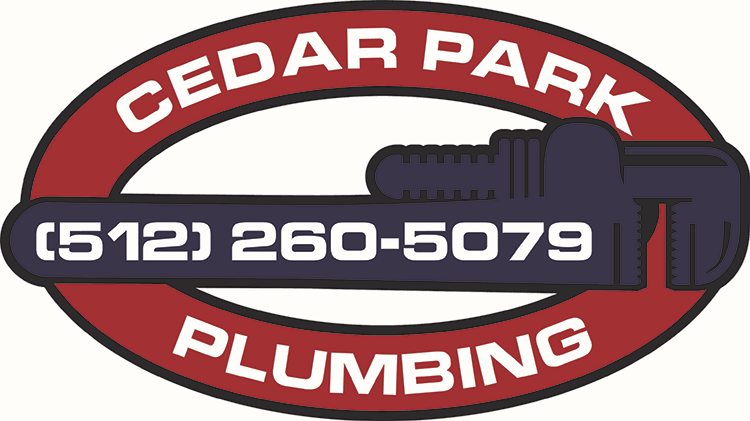Hard water is a common issue that many homeowners face, but its effects on plumbing systems are often overlooked. In this blog post, we will explore the two main problems that hard water can cause in your plumbing system and how you can address them to prevent costly repairs in the future.
Understanding Hard Water and Its Impact on Plumbing Systems
The first problem that hard water can cause in your plumbing system is the buildup of mineral deposits. Hard water contains high levels of calcium and magnesium, which can leave behind a residue as it flows through your pipes. Over time, this residue can accumulate and form a thick layer of scale inside your pipes, reducing water flow and increasing the risk of clogs. This buildup can also affect the efficiency of your water heater, leading to higher energy bills and potential damage to the unit.
Solutions to Combat Hard Water in Your Plumbing System
In addition to mineral buildup, hard water can also lead to corrosion in your plumbing system. The minerals present in hard water can react with metal pipes and fixtures, causing them to deteriorate over time. This corrosion can weaken the structural integrity of your pipes, leading to leaks, bursts, and other costly damage. In extreme cases, corrosion from hard water can even result in pipe failure, requiring extensive repairs or replacements.
Implementing Effective Water Softening Solutions
To combat the effects of hard water on your plumbing system, there are several solutions available. One option is to install a water softener, which works by removing the minerals that cause hardness from your water supply. This not only helps prevent mineral buildup and corrosion in your plumbing system but also provides additional benefits such as softer skin and hair, cleaner dishes and laundry, and longer-lasting appliances.
Exploring Alternative Methods for Water Treatment
Another way to address the problems caused by hard water is through regular maintenance and cleaning of your plumbing system. Flushing out your pipes with a descaling solution or vinegar can help remove existing mineral deposits and prevent new ones from forming. Inspecting for signs of corrosion or leaks regularly can also help catch issues early on before they escalate into larger problems.
Conclusion
Hard water may seem like a minor inconvenience at first, but its effects on your plumbing system can be significant if left unchecked. By understanding the two main problems that hard water can cause – mineral buildup and corrosion – you can take proactive steps to protect your plumbing system and avoid costly repairs down the line. Whether you choose to invest in a water softener or simply maintain your pipes regularly, addressing the issues associated with hard water is essential for maintaining the health and longevity of your home’s plumbing system.

